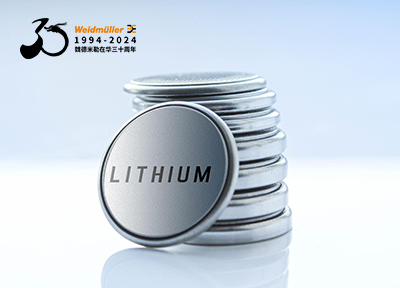Just as businesses in the manufacturing, retail, and other sectors are tightening their belts and looking for opportunities to optimize their operations, the electric power industry is taking a long, hard look at its operations. Like never before, utilities are keeping a close eye on the bottom line, looking for opportunities to boost profitability without sacrificing safety, reliabilityCONTROL ENGINEERING China版权所有, and availability. Increasingly, simulation is one of the solutions power generators are using to help mee

An effective simulation program can help ease transitions from analog (and even pneumatic) to more modern control architectures -- just as Con Ed operators made the change from conventional boilers to gas turbine combined cycle generation.
Surprised It's understandable, since simulators have been used as a training tool in the power generation industry for decades. While they certainly served their purpose well, they admittedly left much to be desired from a practical perspective.
For one thing, they were somewhat difficult and costly to maintain. Consider for a moment that if a utility wanted to use a simulator as an effective training tool for its power plant operators, it was necessary to acquire controllers, workstations, and associated logic identical to that used in the actual control system. Then, in order to keep the simulation accurate and realistic, every time the DCS (distributed control system) was expanded or upgradedCONTROL ENGINEERING China版权所有, a similar investment had to be made in the simulator. And because the simulator had a full set of duplicate hardware, raids by control system engineers looking for spare parts happened from time to time.
Then vs. now
Technological advancements—combined with today's market realities—have coalesced控制工程网版权所有, fueling simulation's expanded role and subsequently, its contribution to enhanced operator performance控制工程网版权所有, more efficient workforce deploymentCONTROL ENGINEERING China版权所有, and increased plant efficiency.
The adoption of virtual tech


 在线会议
在线会议 论坛
论坛 专题
专题 工控直播
工控直播 新闻中心
新闻中心 子站
子站 技术
技术 社区
社区


 2026具身智能机器人电子制造应用研讨会
2026具身智能机器人电子制造应用研讨会.jpg) 福禄克六大“法宝”帮您搞定过程仪表校准难题
福禄克六大“法宝”帮您搞定过程仪表校准难题 中控时间序列大模型TPT免费有奖体验
中控时间序列大模型TPT免费有奖体验 爱德克SE2L进阶版安全激光扫描仪有奖预约演示
爱德克SE2L进阶版安全激光扫描仪有奖预约演示 剑维软件电子半导体行业白皮书有奖下载
剑维软件电子半导体行业白皮书有奖下载


























